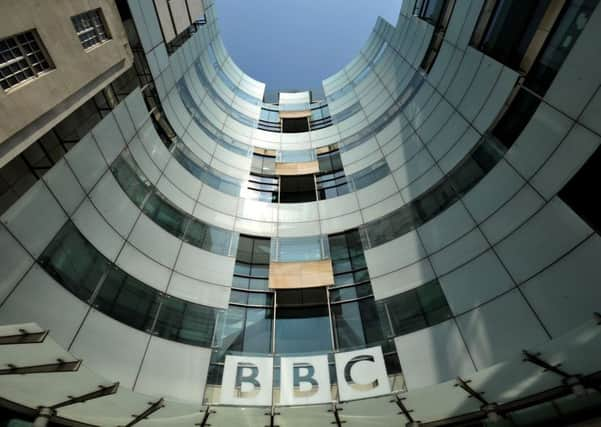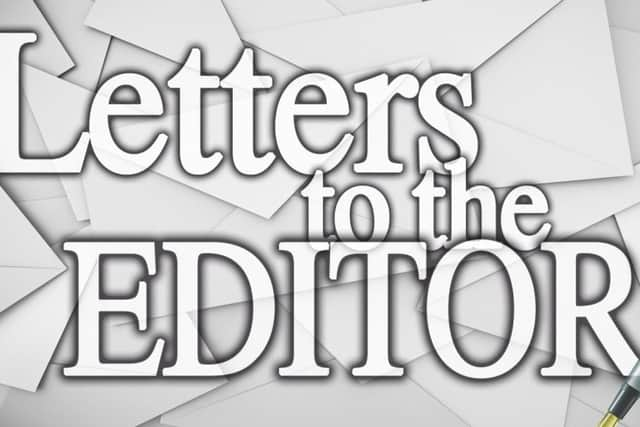The BBC is a source of national pride


John Whittingdale, the Culture Secretary, who dubbed the licence fee ‘worse than the poll tax’, appears to have been overruled by the Prime Minister and the Chancellor.
And a good thing too.
Although those who believe in the god of the market might begrudge it, the BBC is surely the world’s best broadcasting organisation, as testified by its tally of trophies at the recent BAFTAs.
Advertisement
Hide AdAdvertisement
Hide Ad

Wolf Hall won the best drama series award and War and Peace could not have been far behind.
Its news coverage, analysis and investigation is unparalleled, its documentaries and biographies have won numerous awards, its comprehensive coverage of music and the arts is second to none, and its comedies are often creative and adventurous – Have I Got News for You and Peter Kay’s Car Share both scooped the prizes.
By contrast, ITV’s political and documentary output is paltry and its output of classic comedies could be counted on the fingers of one hand.
The BBC, like the NHS, is also a major source of national pride.
Advertisement
Hide AdAdvertisement
Hide Ad

In times of crisis it is the prime vehicle for unifying the British people.
When Frank Phillips, the greatest of all newsreaders, retired in 1964, the Daily Mail – now in the vanguard of BBC haters – carried a front page editorial claiming that his was the voice as much as Churchill’s to which the British turned in the Blitz as the embodiment of the collective will to prevail.
Anyone who has lived abroad will confirm that the greater the choice of commercial channels, the greater the amount of rubbish.
American TV, with the exception of some dramas, is largely mindless drivel.
Advertisement
Hide AdAdvertisement
Hide AdIn his book Bad, Paul Fussell says that it is “efficient at merchandising denture cleansers and incontinence diapers, beer, laxative, cars and laundry supplies, but death to books, ideas, the sense of history, and the complexities, subtleties, and ironies of civilized discourse”.
Yet the BBC is not perfect.
It sycophancy towards the monarchy is annoying, as is its bias towards the Christian religion.
It also tends to rely excessively on ‘authoritative opinion’ which often proves to be mistaken, as in the case of the 2003 Iraq invasion where studies have shown that it was the most pro-war broadcaster.
Locally, too, while BBC1 Northern Ireland produces some excellent TV programmes, Radio Ulster suffers from the basic weakness of being a downmarket station which prefers pop to classical music, business to philosophy and, worst of all, bear pit political brawling to serious discussion and analysis.
Advertisement
Hide AdAdvertisement
Hide AdThis last weakness is particularly critical in a society that has come out of conflict and is still faced by a deep sectarian divide.
The media should not be exploiting and emphasising this division by giving continual publicity to the loudest and often most extreme voices.
In short, Radio Ulster needs to become less like a philistine version of Radio 4.
It also needs to think outside the pop and country musical box.
Don’t Radios 1 and 2 provide enough of this fare?
Advertisement
Hide AdAdvertisement
Hide AdWhy not be different and offer a regular slot for classical and world music?
It might even attract listeners from stations like Classic and Lyric FM.
Come on, BBC Northern Ireland: if you seriously want to educate, inform and entertain the people, then start treating them
with a little more maturity and respect.
Brian McClinton, A director, Humanist Association of Northern Ireland, Lisburn